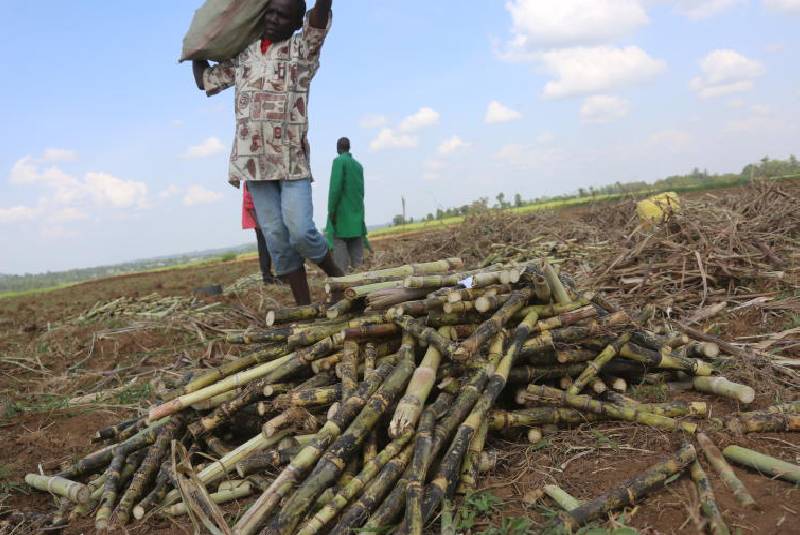×
The Standard e-Paper
Home To Bold Columnists

Workers plant cane at Mumias Sugar besides challenges facing the Western sugar companies. [Benjamin Sakwa, Standard]
It has been years since a packet of Mumias Sugar has been seen consistently on shelves of retail outlets and new supermarket chains such as Carrefour have probably never stocked it.